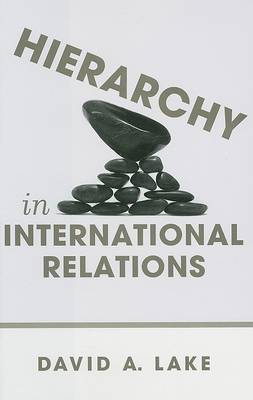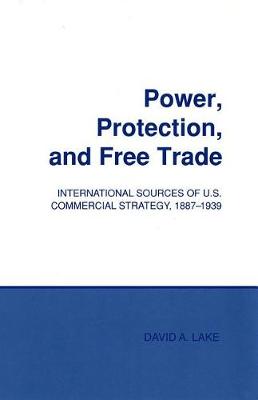Cornell Studies in Political Economy
2 total works
International relations are generally understood as a realm of anarchy in which countries lack any superior authority and interact within a Hobbesian state of nature. In Hierarchy in International Relations, David A. Lake challenges this traditional view, demonstrating that states exercise authority over one another in international hierarchies that vary historically but are still pervasive today.
Revisiting the concepts of authority and sovereignty, Lake offers a novel view of international relations in which states form social contracts that bind both dominant and subordinate members. The resulting hierarchies have significant effects on the foreign policies of states as well as patterns of international conflict and cooperation. Focusing largely on U.S.-led hierarchies in the contemporary world, Lake provides a compelling account of the origins, functions, and limits of political order in the modern international system. The book is a model of clarity in theory, research design, and the use of evidence.
Motivated by concerns about the declining international legitimacy of the United States following the Iraq War, Hierarchy in International Relations offers a powerful analytic perspective that has important implications for understanding America's position in the world in the years ahead.
Why do nations so frequently abandon unrestricted international commerce in favor of trade protectionism? David A. Lake contends that the dominant explanation, interest group theory, does not adequately explain American trade strategy or address the contradictory elements of cooperation and conflict that shape the international economy. Power, Protection, and Free Trade offers an alternative, systemic approach to trade strategy that builds on the interaction between domestic and international factors. In this innovative book, Lake maintains that both protection and free trade are legitimate and effective instruments of national policy, the considered responses of nations to varying international structures.

